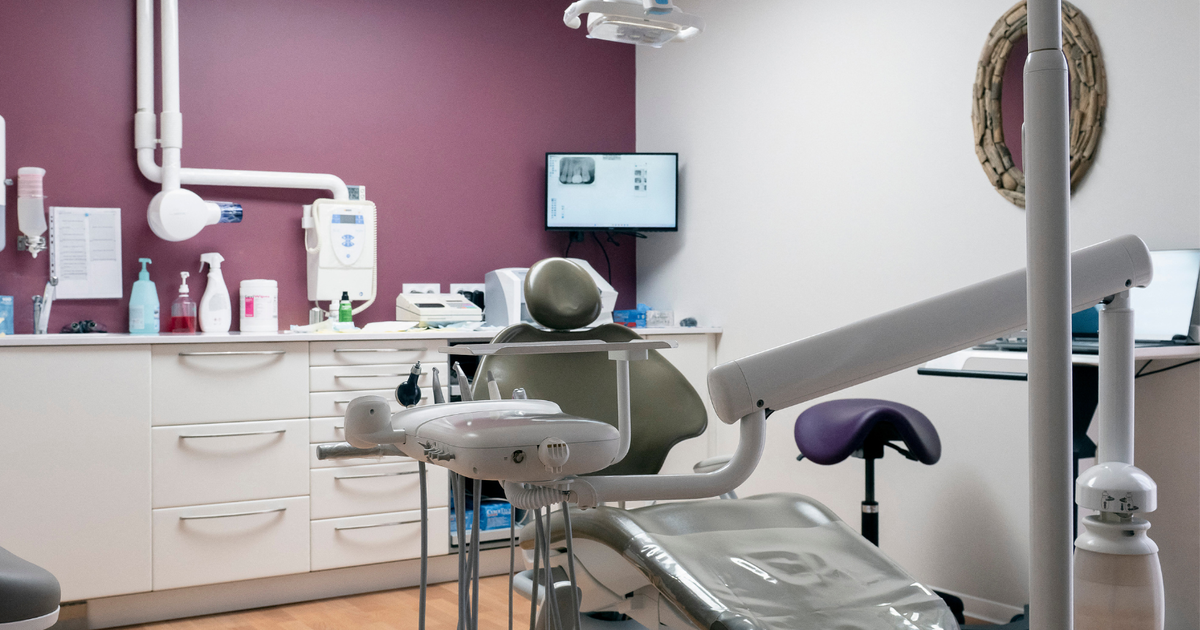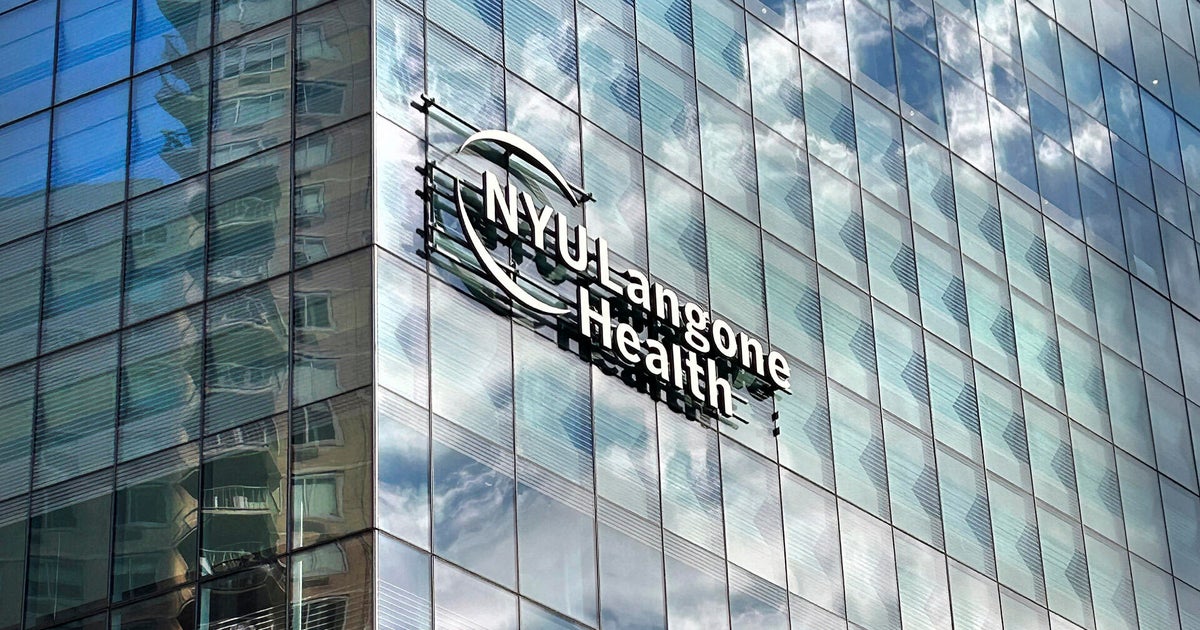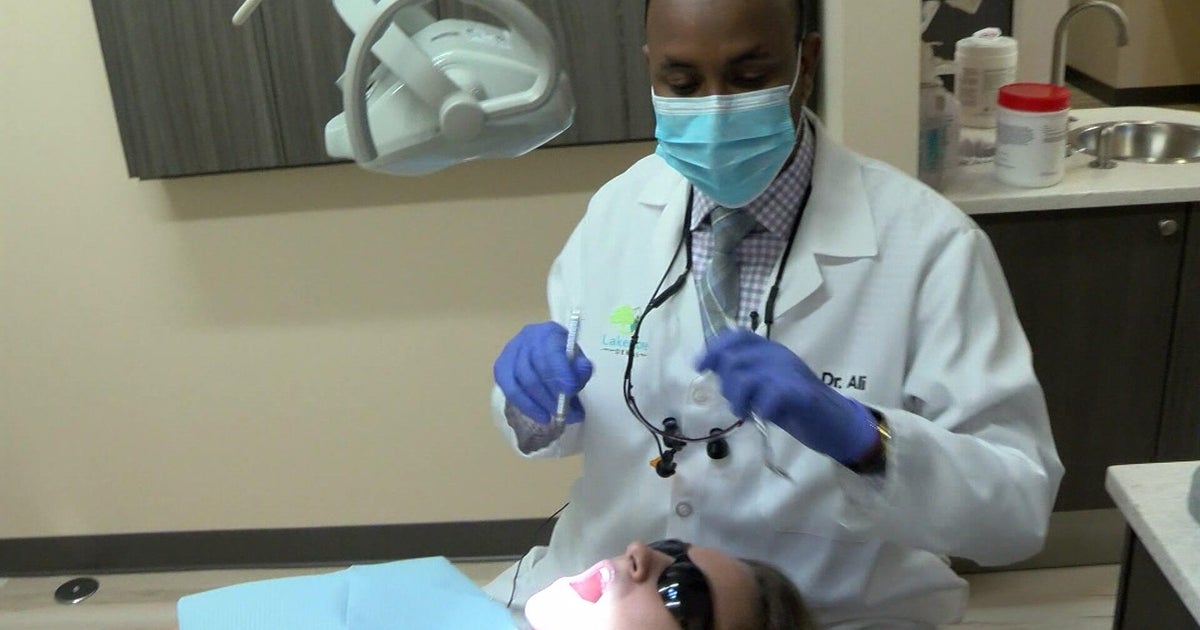Physician Drug Use Not Uncommon

HIGHLANDS RANCH, Colo. (CBS4) - Dr. Stephen Stein had what appeared to be a successful dental practice. But the state now alleges there was a darker side to the dentist who seemed to work smilingly for cameras shooting an infomercial.
The Department of Regulatory Agencies said Stein has admitted to drug use, including the drugs vicoprofen and vicodin. While the reported use of drugs may have isolated him, he was not alone in the medical profession with addiction problems.
"Every day it was like waking up being possessed by a demon," said Dr. Paul Wischmeyer, a professor of anesthesiology and a specialist in intensive care medicine at the University of Colorado at Anschutz.
Wischmeyer has been clean for 10 years, even insisting on having his hair tested to prove he's no longer using.
"Just like anyone who has cancer or another disease, addiction is a disease, everybody deserves a chance to be treated," said Wischmeyer. "If you have a lump in your breast you're likely to go to a doctor and be treated. If you have chest pains, you're going to go to your doctor and say, 'I'm having a heart attack.' If you're a drug addict, because it's the only disease you can get yelled at for having, you aren't going to go to anybody, you are going to withdraw into yourself and your addiction is going to get worse."
Steven Millette, Executive Director at CeDAR, the Center for Dependency, Addiction and Rehabilitation, said some medical specialties to have higher rates of addiction.
"That's primarily due to the kind of practice that they're in and the kind of access that they have," Millette said.
Stein had two offices. There are allegations that he even wrote prescriptions and then asked people to bring their prescriptions with them when they came for a visit.
"In fact, addiction kind of turns off rational thinking in its more advanced stages," said Millette.
Health professionals in small offices can have greater freedom and doctors who lead small offices are responsible for the employment of people who sometimes are in a position of having to report them. Dentists, Millette said, are "At a higher risk simply because of their independence."
Hospitals and offices have tightened procedures over the years.
"I've worked with nurses who, practicing 30 or 40 years ago, who recall stories where they walk in to the employee lounge and there are amphetamines available for people who have been working 24, 48 hours straight," said Millette.
At the University of Colorado Hospital they test syringes after their use to make sure the content of the drug that went out is the same content that comes back in.
Wischmeyer and Millette both note there's a culture of work hard and play hard among health professionals.
"It seems that people who become addicts tend to have less, of say, the dopamine and certain receptors in our brains that let us feel pleasure," said Wischmeyer. "People are more drawn to adrenalin activities, and let's say exercise, and potentially eating, but also the drugs that allow that to feel more normal." His feeling; "The smarter you are in medicine the more likely you are to have a drug addiction problem ultimately."
And their intelligence can be an enabler.
"You're talking about the smartest physicians and the smartest nurses potentially as the ones who are at risk for addiction and so they're going to outsmart most systems … health professionals have a tendency to believe they can think their way around an addiction problem," said Millette. "The problem is addiction isn't about how smart you are."
Wischmeyer's academic achievements are substantial. The problem was, there was something he could not figure out. He was desperate for help, but did not know how to get it. He said his most recent battle with addiction started in his 30s, but he'd had issues as a teenager.
"I knew there was something different and was addicted then. I got help and then in my 30s, so about 10 years ago now, had a small abdominal surgery related to illness that went horribly wrong and had bleeding complications and so many surgeries later I was addicted to pain killers again and needed help."
He went to the Colorado Physicians Health Program. He's a big advocate of their work.
"They helped me enormously."
The Physicians Health Program and other similar programs for medical professionals help them get help and maintain their work. There are strict protocols, but medical professionals do not give up their practices or lose livelihoods if they follow the plans.
There is no requirement that they be reported to the state if they're cooperating with one of the programs. But that's a big "if."
"When it comes down to it, we're no different than the poor addict who lives on the street," said Wischmeyer. "We have the same disease with the same vulnerability to it and we have to take the same steps."
Those steps keep him clean and productive today.
"I work hard to have other outlets in my life like exercise and taking good care of my health."
He wonders whether health professionals might be in need of periodic testing like airline pilots because he knows how hard it was.
"Anyone can be helped. But you have to be willing."







